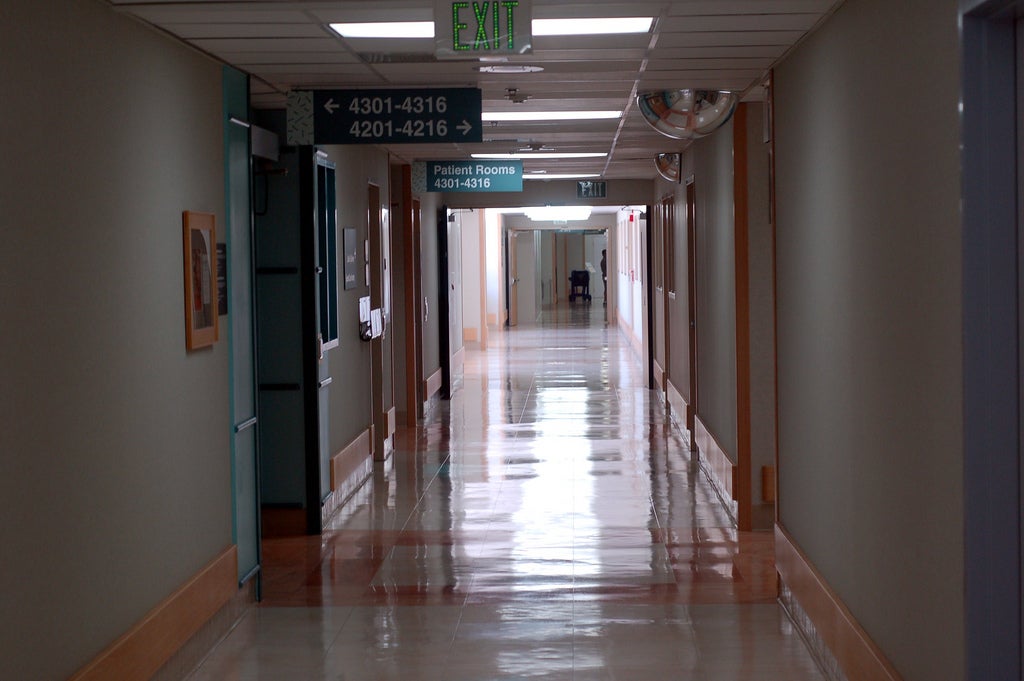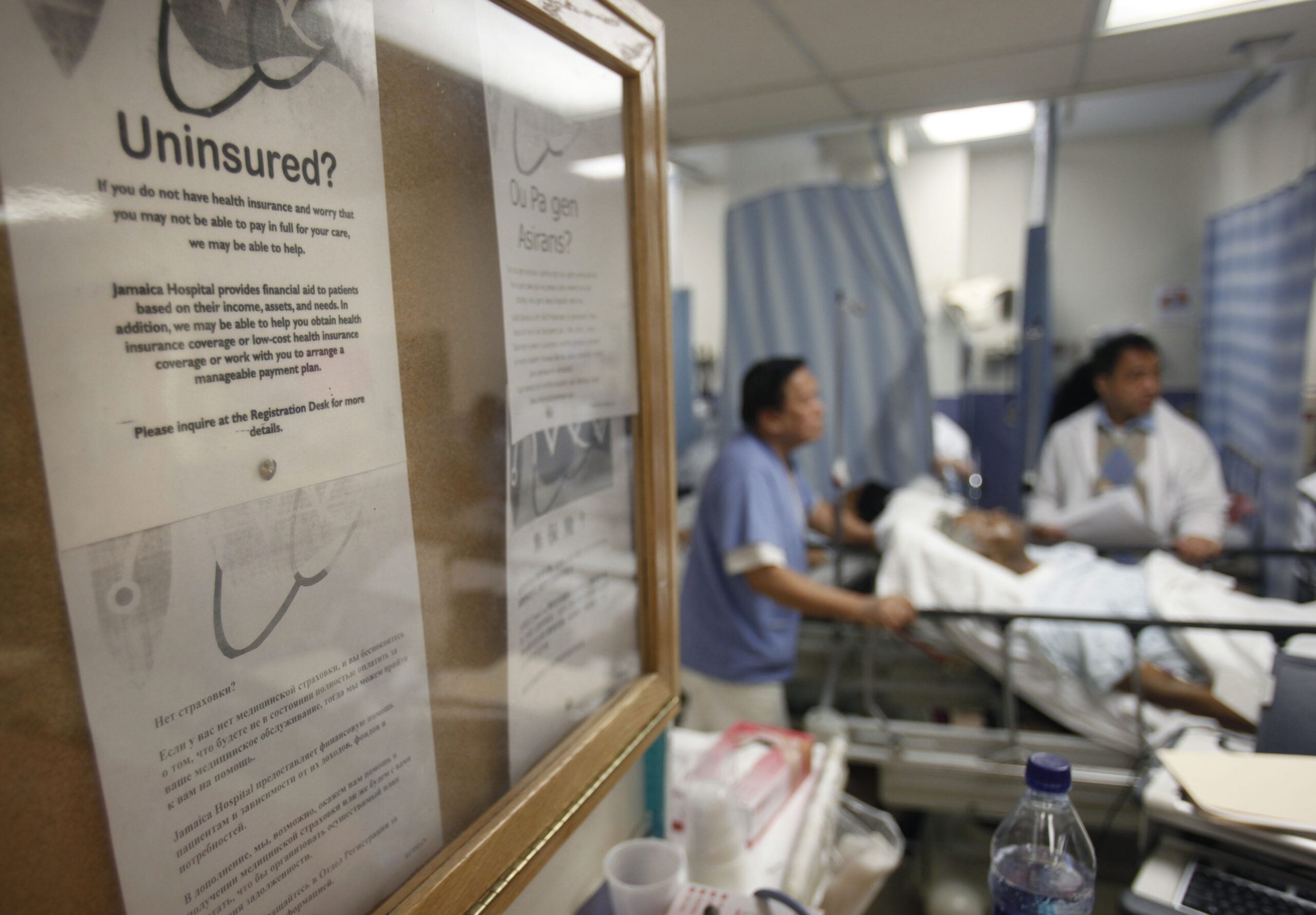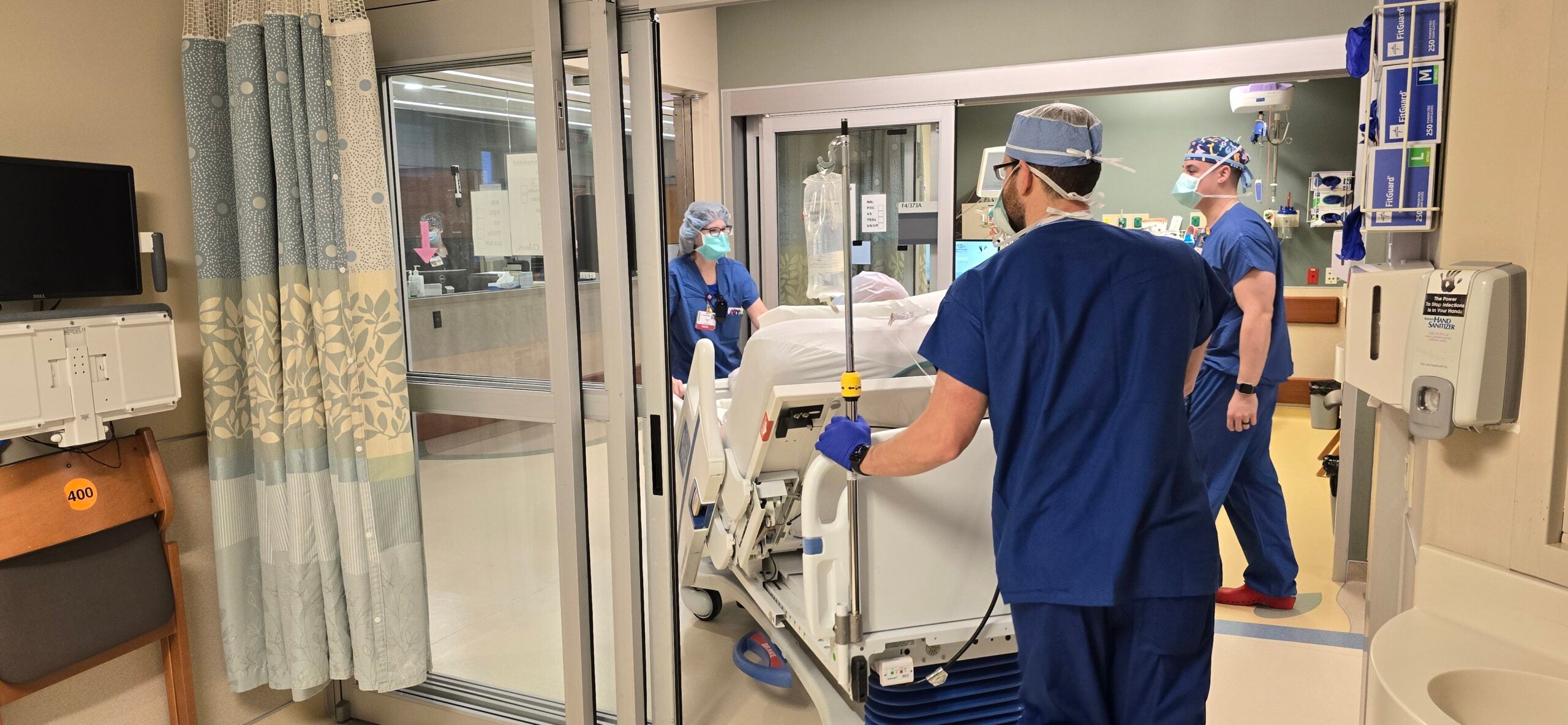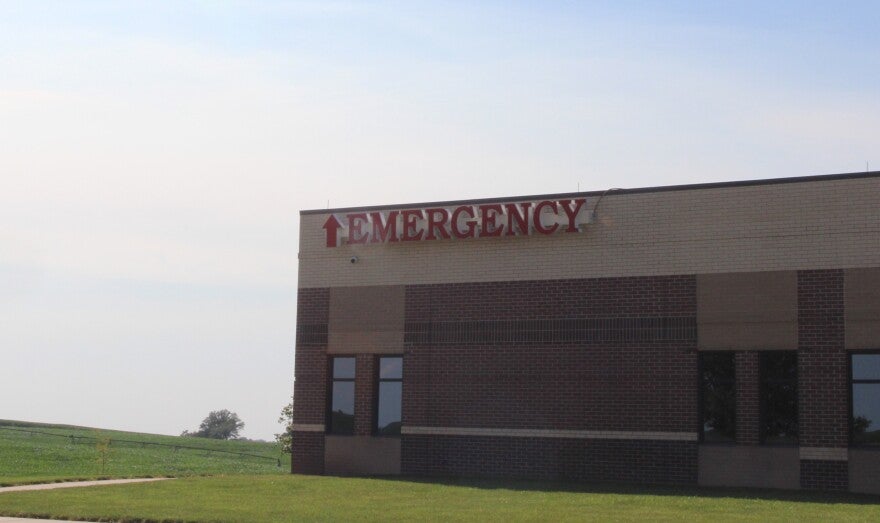Say you have to go to the hospital in Wisconsin and you want to get an idea how much you might pay, there are various sources offering rough estimates for patients.
The Wisconsin Hospital Association Information Center, for example, has a list of the most common reasons someone might be in the hospital , everything from heart failure to knee replacement. And there’s different prices, depending on how a patient pays.
There’s one column for Medicare and another for private insurance. Finally there’s what’s known as the median charge, the so-called sticker price of hospital services.
News with a little more humanity
WPR’s “Wisconsin Today” newsletter keeps you connected to the state you love without feeling overwhelmed. No paywall. No agenda. No corporate filter.
All these numbers are different, and some public officials like Madison Mayor Paul Soglin want to know why.
“If you look at the column, go down every one of these items, you’ll see that the private insurance payment is almost twice of what is the payment for Medicare patient,” said Soglin, who recently asked the Madison Common Council to approve a resolution pressing hospitals to be more transparent with the actual costs of their services.
And Soglin isn’t a lone voice taking on the titans of health care. More and more, a focus on hospitals has intensified in health policy circles. A study published in May in the journal Health Affairs zeroed in on hospital profits, garnering national attention.
The research found that many of those with the biggest surpluses from patient care were nonprofit hospitals. Wisconsin’s Gunderson Medical Center in La Crosse was at the top of the list.
The hospital disputed that study, but others, like a recent report from Yale University, keep emerging, leaving government policy makers like Soglin questioning whether people in their communities with private insurance are paying higher prices to subsidize low Medicare rates. According to the Wisconsin Hospital Association’s Brian Potter, there is cost shifting: “The notion that Medicare pays less than commercial market is not anything new.”
But are patients with private insurance bearing just some, or all the burden of low Medicare rates? University of Wisconsin-Madison business professor Justin Sydnor said most of the studies looking at cost shifting haven’t found it to be the main driver behind increasing health costs.
“Hospital networks typically are going to negotiate for the best price they can get from insurers regardless how many patients they’re treating with Medicare,” Sydnor said.
Beyond Medicare’s role in pushing up prices, Sydnor said the Yale study found research and teaching hospitals tended to have higher prices.
“They also seemed to have some higher indicators of quality and so it may be a case where, to some extent, people are willing to pay more to have access to these high quality research and teaching hospitals,” he said.
Madison’s Soglin agrees but thinks the disparity in hospital prices is more than that. He wants hospitals to reveal the actual cost of providing care so the city can determine if prices are too high.
The Hospital Association has criticized the Yale study Soglin is using to buttress his claims, pointing out that Yale economics professor Zach Cooper used data from national insurers not in the Madison market. Soglin says “so what?”
“It doesn’t mean his conclusions are wrong. But one way we can find that out is if (hospitals) would provide us with the rest of the data, which they won’t do.”
Some members of the Common Council characterize Soglin’s proposal as “mission Impossible”: potentially costly and complex. Soglin is undeterred.
“It’s my hope that, if we act in this area, that we can find other cities around the country who will join with us, other employers in wanting an explanation and answer to these, what I consider vast discrepancies, in fairness in regards to payment,” Soglin said.
A city council committee deadlocked on the matter last week; Soglin had to break a tie to bring it to the full Common Council, where it will be debated Tuesday night.
Wisconsin Public Radio, © Copyright 2025, Board of Regents of the University of Wisconsin System and Wisconsin Educational Communications Board.






